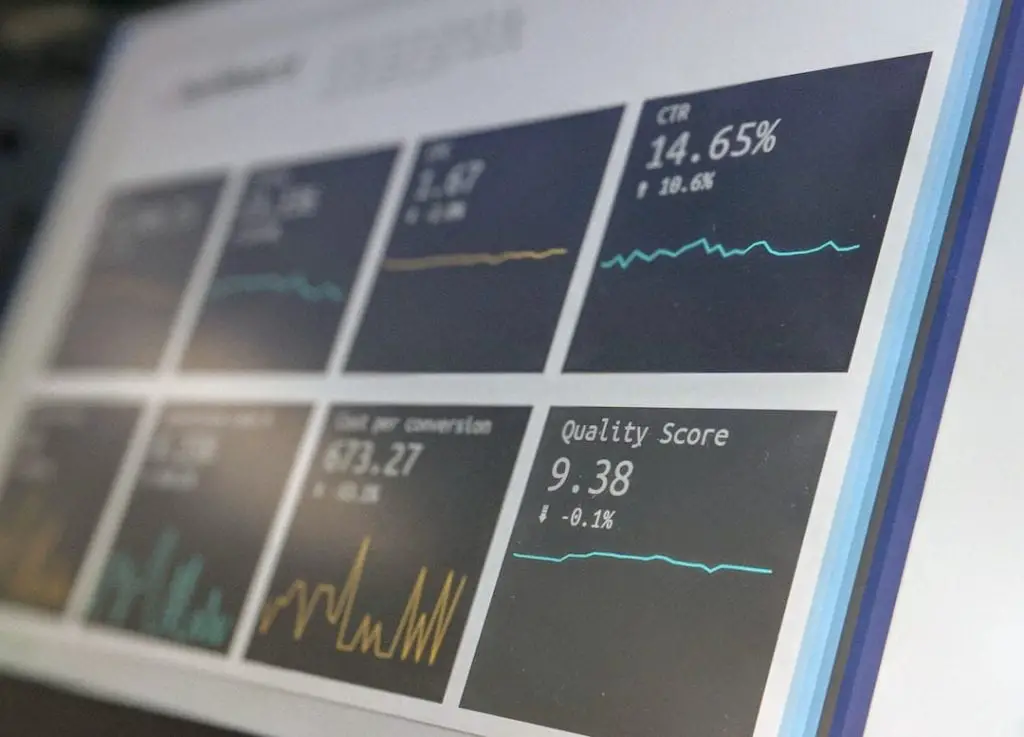In today’s digital age, companies and individuals alike generate staggering volumes of data daily. With cloud storage, connected devices, and social media proliferating, the habit of collecting and storing vast amounts of data has become increasingly common. This practice, known as data hoarding, poses significant privacy concerns for consumers and ethical questions for data handlers.
What Is Data Hoarding?
Data hoarding refers to the excessive collection and retention of data, often far beyond what is necessary for a specific purpose. Organizations may hoard data for potential future use, advanced analytics, or monetization possibilities. Similarly, individuals may keep copies of documents, emails, or media files that no longer serve any useful purpose.
While the idea of holding onto data might sound harmless, the truth is that excessive data accumulation can increase vulnerabilities. Data hoarding can lead to poor data management, weakened cybersecurity, and compliance issues, particularly when that data contains sensitive information.
Why Do Companies Hoard Data?
Many organizations collect data under the premise of improving services or tailoring marketing efforts. Some of the key drivers of data hoarding include:
- Predictive Analytics: The more data a company has, the more accurate its algorithms and predictions can be.
- Marketing Optimization: Data enables companies to gain insights into consumer behavior and preferences.
- Monetization Potential: Data can be packaged and sold to third-party entities for advertising, research, and other purposes.
- Lack of Clear Policy: Without firm data retention policies, organizations may keep data indefinitely by default.
How Data Hoarding Affects Your Privacy
Your personal data — including browsing history, purchase behavior, location, and more — is valuable. When companies hoard this information, several risks emerge:
1. Increased Exposure to Data Breaches
The more data an organization stores, the larger the target it becomes for cybercriminals. Older or under-protected data stores are often the weakest links in an organization’s security infrastructure.
2. Loss of Control
Users often don’t know how long their data is stored or what it’s used for. This opacity can lead to a loss of personal control and transparency over one’s own information.
3. Privacy Erosion
Continuously collecting and storing personal data—especially without user consent—can erode privacy rights and set dangerous precedents for surveillance and discrimination.
What You Can Do About It
While data hoarding is largely driven by organizations, consumers still have ways to take control of their privacy:
- Review Privacy Settings: Regularly audit the permissions you’ve given to apps and websites.
- Use Encrypted Services: Favor platforms that offer end-to-end encryption and strong privacy policies.
- Limit Data Sharing: Be cautious about what personal information you share, especially on public platforms.
- Request Data Deletion: Under laws such as the GDPR or CCPA, many users have the right to request data deletion from companies.
Conclusion
Data hoarding is a complex issue that intersects with convenience, technology, ethics, and privacy. While holding on to large datasets may offer short-term benefits for companies, the long-term consequences for consumer privacy are troubling. Organizations should adopt clear data management policies emphasizing transparency and minimal retention. Likewise, individuals must stay informed and proactive to protect their personal data from becoming just another artifact in a company’s digital vault.
FAQ
- Q: Is data hoarding always unethical?
A: Not necessarily. It becomes problematic when it’s done without user consent, clear purpose, or adequate security. - Q: Could deleting data harm business operations?
A: Possibly, if not handled carefully. However, businesses should regularly assess whether data is still useful and balance privacy concerns with operational needs. - Q: What laws regulate data retention and privacy?
A: Regulations such as the General Data Protection Regulation (GDPR) in Europe and the California Consumer Privacy Act (CCPA) in the U.S. mandate how data is collected, stored, and deleted. - Q: How can I tell if a company is hoarding my data?
A: Look at the privacy policy and check if the company outlines clear data retention timelines. You can also request a copy of your data to see what they store.
